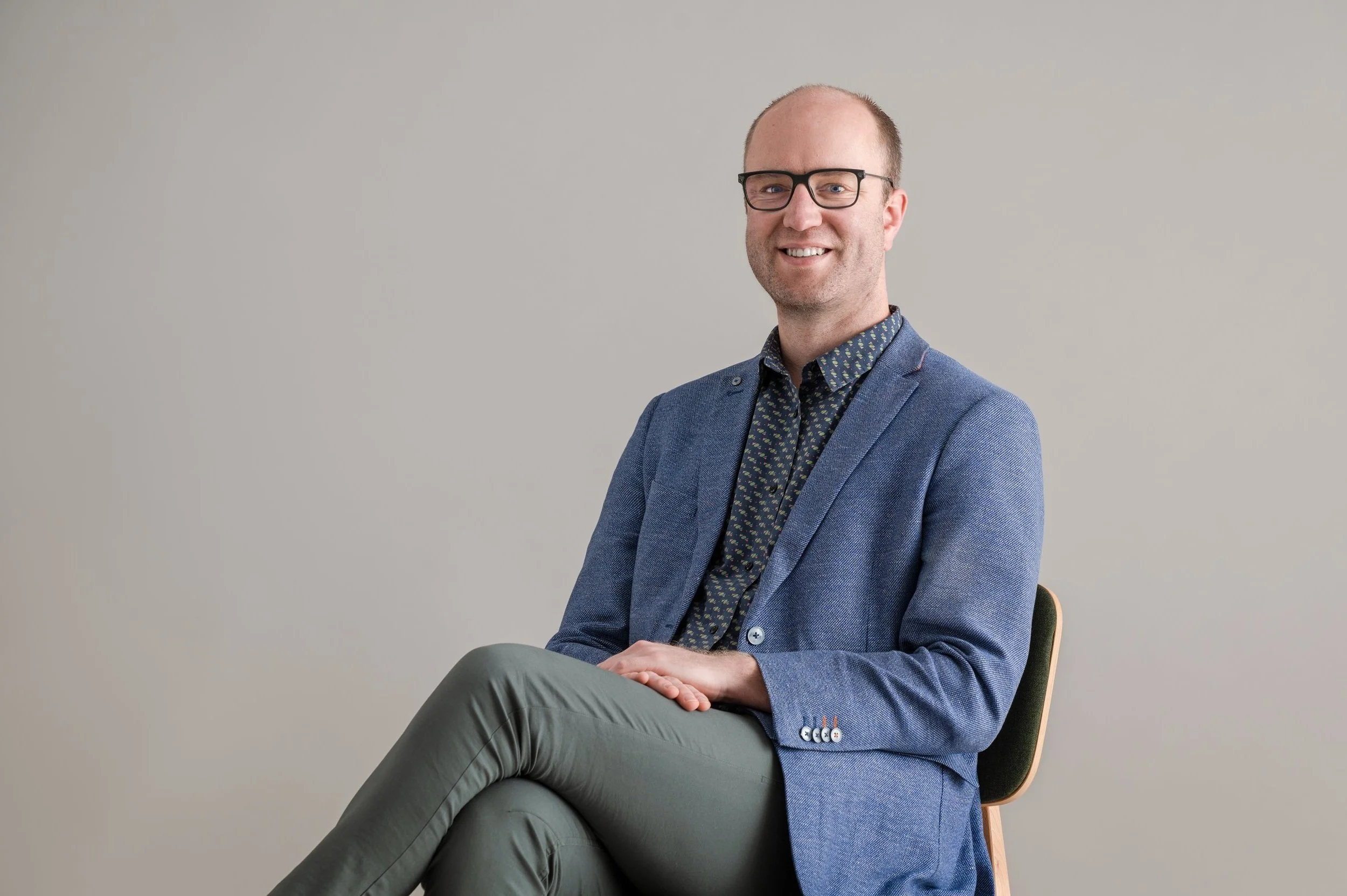About me
I help organisations decode complex human behaviour to inform responsible and ethical system change.
With 10+ years of experience, I specialise in guiding strategic decision-making through ethnographic and privacy research. I have successfully applied qualitative, quantitative, and mixed-methods frameworks to transform services in sectors as diverse as SaaS, higher education, law enforcement, and allied health.
I also run 👣 Safer Footprint, a social enterprise pushing for safer, more transparent educational technology and stronger protection of children’s digital lives.
Career
I am a researcher engaged by some of Australia’s most prominent brands and companies. Now at Envato, I previously led a team of exceptional researchers at Paper Giant.
Before that, I was a Senior Research Fellow at the University of Melbourne and a Digital Media Specialist at Science Gallery Melbourne. In these roles, I led Biometric Mirror, a global research program on AI ethics and managed the concept design and development of the largest media façade in the Southern Hemisphere, The Digital Bricks.
Press and talks
The international press regularly seeks my commentary on digital ethics and AI. Features include an ABC Four Corners special on TikTok and Al Jazeera’s five-part series All Hail the Algorithm.
My press appearances attracted a global audience of 300 million. My work in technology has prompted over 100 invitations to speak at forums and conferences, such as the World Economic Forum, the World Bank, and the World Summit AI. At one point, I appeared on stage at Splendour in the Grass—lucky for you, not as a musician.
Education
I completed a PhD in Engineering Science (KU Leuven), researching the social quality of digital urban media. My action research revolved around community-based, ethnographic field practices.
Before that, I completed an M.Sc. in Architecture (University of Antwerp, summa cum laude), part of which was taken abroad through a long-term study grant, enabling me to explore deeply the intersection of architecture and digital media. This experience was fundamental in my decision to pursue a PhD. I also hold a B.Sc. in computer science (University of Antwerp).
Personal life
My family and I are passionate travellers. We’re particularly intrigued by locations that are off-the-beaten-track and hard-to-access. In recent years, we can most often be found in the Australian Outback.
I combine my passion for travel, which often involves semi-technical 4WD driving, with an interest in landscape photography. I like a complex lens and shutter setup to achieve mesmerising, unexpected outcomes. When not travelling, I’m usually gardening, where I enjoy familiarising myself with the beauty of Australian native and indigenous flora.
How I work
Ethnographic research is often thought of as slow, deep, and long-term. That’s true, and it’s also where its real value comes from: uncovering the lived realities, behaviours, and motivations that can’t be seen on the surface. But organisations rarely have the luxury of months to wait for insight.
That’s why I adapted ethnographic approaches into faster, more agile formats. Through research sprints, I combine the depth of ethnography with the urgency of business decision-making. Each sprint distils observation, dialogue, and analysis into actionable insights that keep pace with design and development cycles.
Working this way means teams don’t have to choose between rich understanding and rapid progress. They get both: research grounded in people’s lived experience, delivered quickly enough to shape what happens next.
How I use AI responsibly
I’ve spent much of my career examining the ethical dimensions of AI; how it shapes society, influences behaviour, and raises difficult questions about fairness, accountability, and trust. That work is crucially important at this point in time, and it continues to guide how I use AI in my own practice.
I see how AI is changing the way we research. It helps me analyse large datasets, surface patterns, and accelerate repetitive tasks, but it also introduces risks of bias and misplaced trust in outputs. I use AI to progress work: test ideas fast, expand the scope of inquiry, and free up time for deep analysis, while being transparent about its limits.
My approach is simple: AI is a tool, not a substitute for human judgement. By combining ethical awareness with hands-on experimentation, I ensure my use of AI in research adds value to the intended outcomes and objectives, without losing sight of the people, contexts, and lived experiences that really matter.
How I collaborate
Collaboration is at the crux of meaningful research. Within my own teams, I work closely with collaborators who bring different skills and perspectives: researchers, designers, technologists, and strategists. We challenge assumptions, share insights openly, and create an environment where curiosity and critique lead to stronger outcomes.
Beyond my team, I work with a wide range of stakeholders: executives, frontline staff, community members, and policy-makers. Each group has its own priorities and pressures, and part of my role is to bridge those perspectives, translating complex insights into language and formats that resonate, and ensuring that everyone feels their contribution is valued.
For me, collaboration means making research accessible and understandable to all. I value clarity, inclusivity, and relevance, ensuring insights are understood, acted upon, and owned by those who can create change. Often this means embedding myself in teams and acting as a thought partner, working side by side with clients to help shape decisions and strategies as they unfold.





